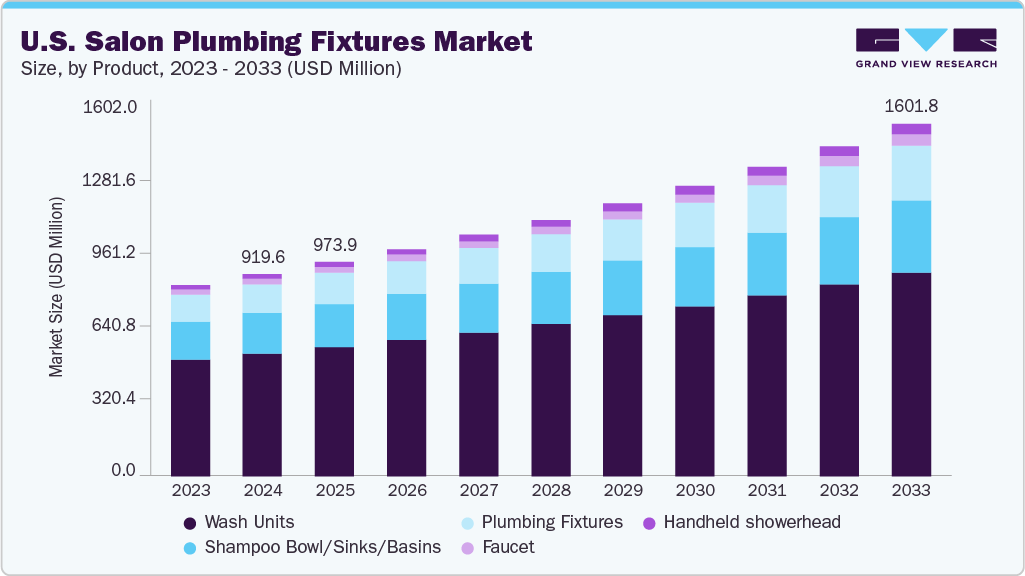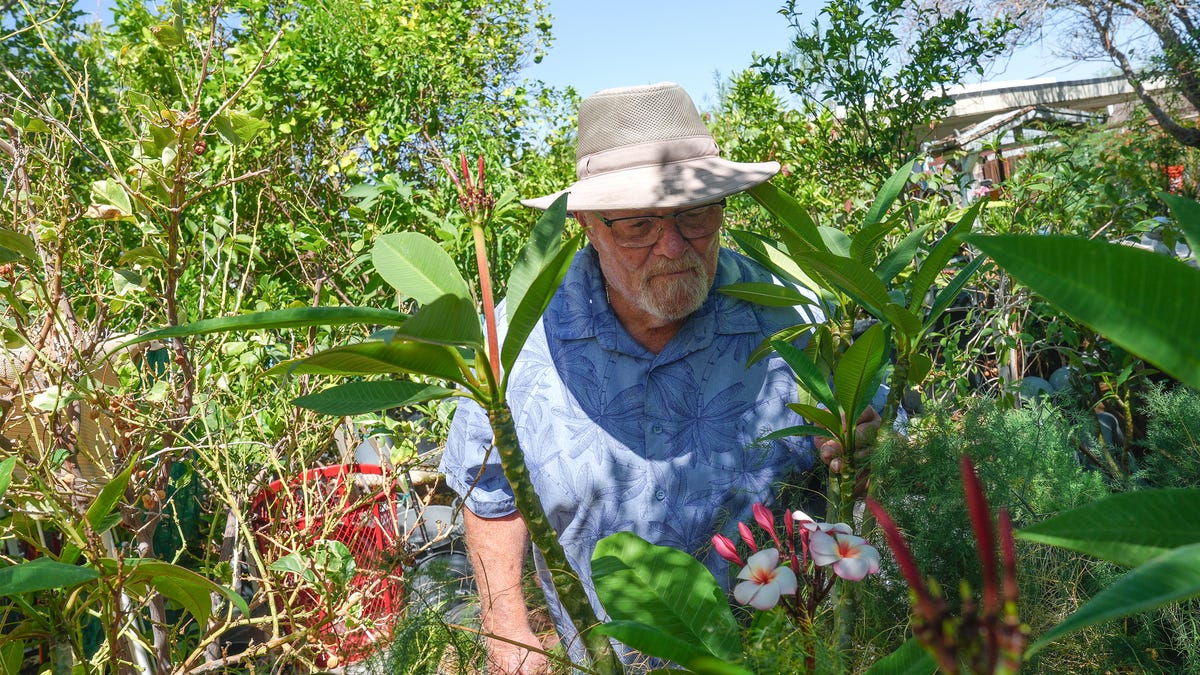While many people probably assumed they were allowed to take a plunger to a blocked toilet or grab a wrench and switch a showerhead, WA laws governing plumbing work have only just changed to allow small DIY jobs.
Steve Walding, principal policy officer at WA regulator Building and Energy, told Nadia Mitsopoulos on ABC Radio Perth that the February 10 change to legislation was an overdue reform.
“It probably should have been done sooner,” Mr Walding said.
“But work on the plumbing legislation has been slow over the years and we’ve included this in a wider reform package, so there’s been a bit of a wait there.”
Loading…
The legislation now allows residents at their own home to legally undertake basic plumbing tasks, including maintaining, repairing and replacing showerheads, taps, cistern washers and water filter cartridges, and to clear a blocked pipe or toilet with a plunger.
They lost the right to do this in the Plumbers Licensing and Plumbing Standards Regulations, introduced 24 years ago in 2000.
Bigger tasks require a professional
Mr Walding acknowledged that many people had probably been undertaking this work themselves for many years, but he stressed that it was still important that people used a licensed plumber for more complex work.
“When you start talking about water supply plumbing or sanitary or drainage plumbing systems, it is regulated work that should be done by a licensed plumbing contractor,” he said.
Replacing a water heater, toilet suite or repairing a burst pipe are all examples of tasks that require a professional, Mr Walding said.
The new rules around home plumbing work only apply to your own home or to someone helping you in the house without payment.
While he said detection in most cases was unlikely, fines were possible for people caught breaking the rules.
“You could get an infringement of $1,000 or you could actually be prosecuted for doing unlicensed work,” he said.
“We obviously take a reasonable approach in these sorts of circumstances.
“Generally, if someone just had a one-off incident where they did some work, we might provide them with a warning notice or something to that effect,” he said.
“But if you were trying to run it as a business or something like that, where you weren’t a licensed person, then we would take a firmer approach.”
Plumbers welcome change
Murray Thomas, chief executive of the Plumbers and Gasfitters Association of WA, welcomed the changes.
“It’s good that there’s clarity around it, because it’s always been done and people often ring us and say, ‘Well, what can we do? What are the parameters?’,” Mr Thomas said.
“But now it’s quite specific about it. I think it’s a good move.”
He said it was not uncommon for plumbers to be called to help people who have had their home plumbing work go wrong.
“That happens quite a bit. We often have to come out and replace things because people have had a crack and it hasn’t been quite successful,” he said.
It was also important for people to check their insurance policies before doing any plumbing work.
“You don’t want to end up with a burst pipe and all of a sudden your insurance isn’t going to pay because it wasn’t done by a professional,” he said.
The new legislation also makes it an offence for someone who does not hold a plumbers’ licence to advertise or imply that they do.







